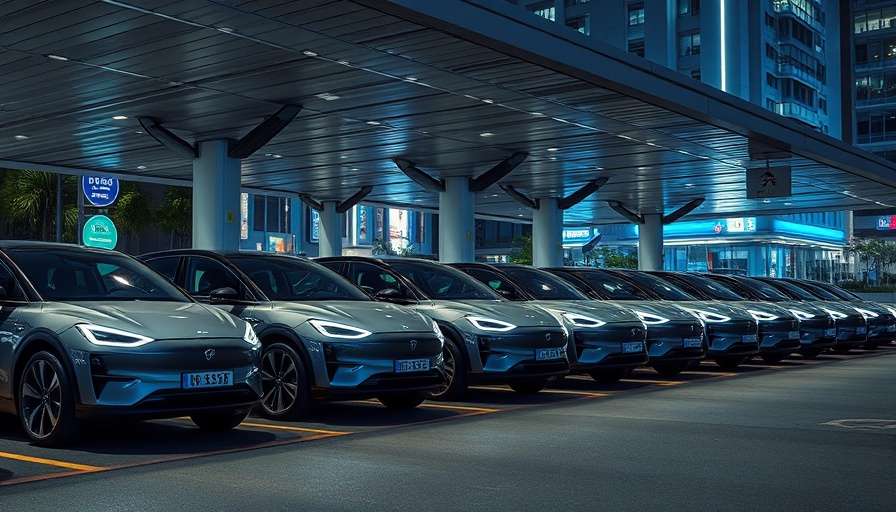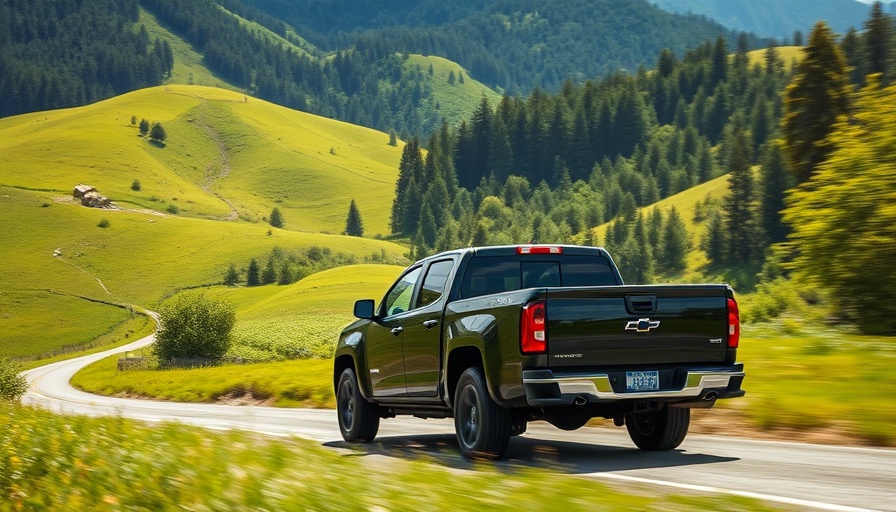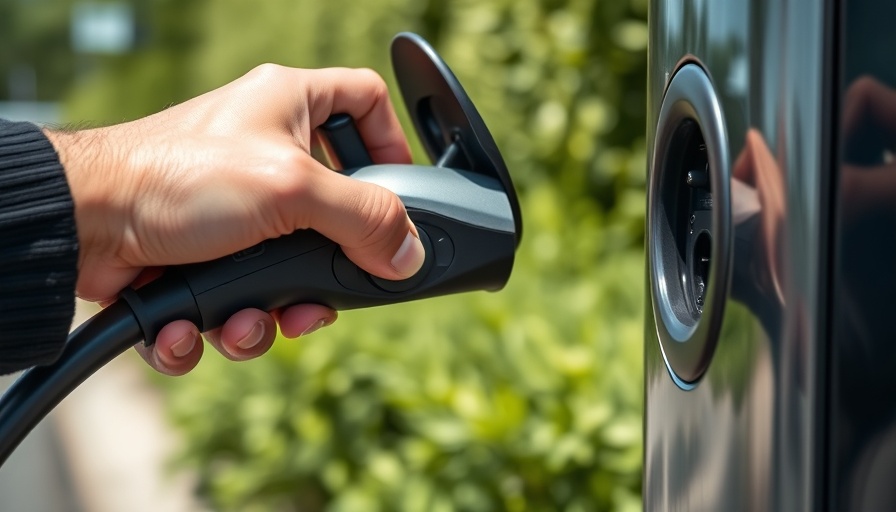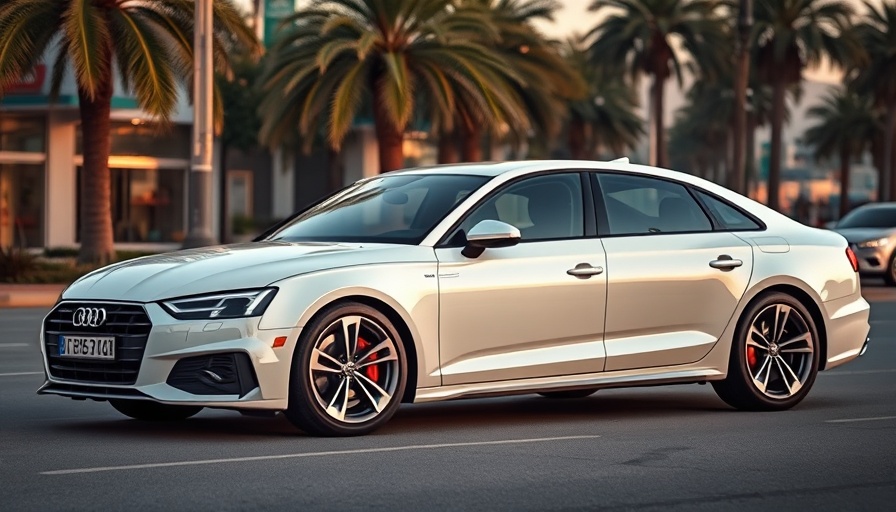
What’s At Stake for American EVs?
The return of Donald Trump to the White House has the potential to reshape the electric vehicle (EV) landscape in significant ways. EV advocates and manufacturers are keeping a close watch, especially after Trump’s onslaught on pro-EV policies initiated under the Biden administration. Right from his first day, Trump made bold moves, signaling an intention to cut funding for EV charging infrastructure and halt subsidies that have been crucial for the burgeoning EV market.
Challenges to EV Growth
Under Trump’s executive order "Unleashing American Energy," the narrative seems to pivot to promoting “true consumer choice” while attempting to dismantle what he terms an EV “mandate.” It is essential to clarify that the previous administration merely aimed for a goal—50% of new car sales to be electric by 2030—rather than enforcing compliance through stringent regulations.
Despite this misunderstanding, the data reveals a different narrative. In 2024, EVs made up an impressive 8% of new car sales in the U.S. Major automotive giants, including Tesla, Hyundai, and General Motors, independently reached significant sales milestones and collectively committed over $200 billion towards electrification. Hyundai's groundbreaking $5.5 billion Metaplant in Georgia forms a critical component in this investment drive.
The Complex Legislative Landscape
Trump’s intent to end EV tax credits and subsidies could wield serious consequences, but these benefits are enshrined in legislation—a process involving Congress to repeal them. Even within the Republican party, some lawmakers are wary about dismantling policies that generate job opportunities and economic prosperity in states committed to EV production.
America's Position in the Global EV Market
Ultimately, the fierce global competition in electrification places the U.S. at a critical junction. As Trump’s administration deliberates on EV policies, global competitors like China and European nations are making strides forward. For instance, nearly half of all new car sales in Europe are hybrids or fully electric, alongside China projecting that 50% of new vehicles sold will be EVs by 2025—a stark contrast to prevailing trends in the U.S.
If domestic manufacturers step back from EV innovations, they risk losing a competitive edge in an industry swiftly adapting to market demands. While the pace of demand for EVs may not meet initial projections, it represents the fastest-growing sector in the vehicle market, compelling U.S. automakers to align their strategies with global counterparts who are flooding the industry with new investments.
Conclusion
The implications of Trump's policies on EVs will likely spark discussions within the automotive community. Maintaining competitive positioning in the electrification race is increasingly vital as global trends increasingly favor green technologies. As the American market awaits direction on EV subsidies and policies, the future remains uncertain, leaving both industry insiders and consumers on the edge of their seats.
 Add Row
Add Row  Add
Add 




Write A Comment